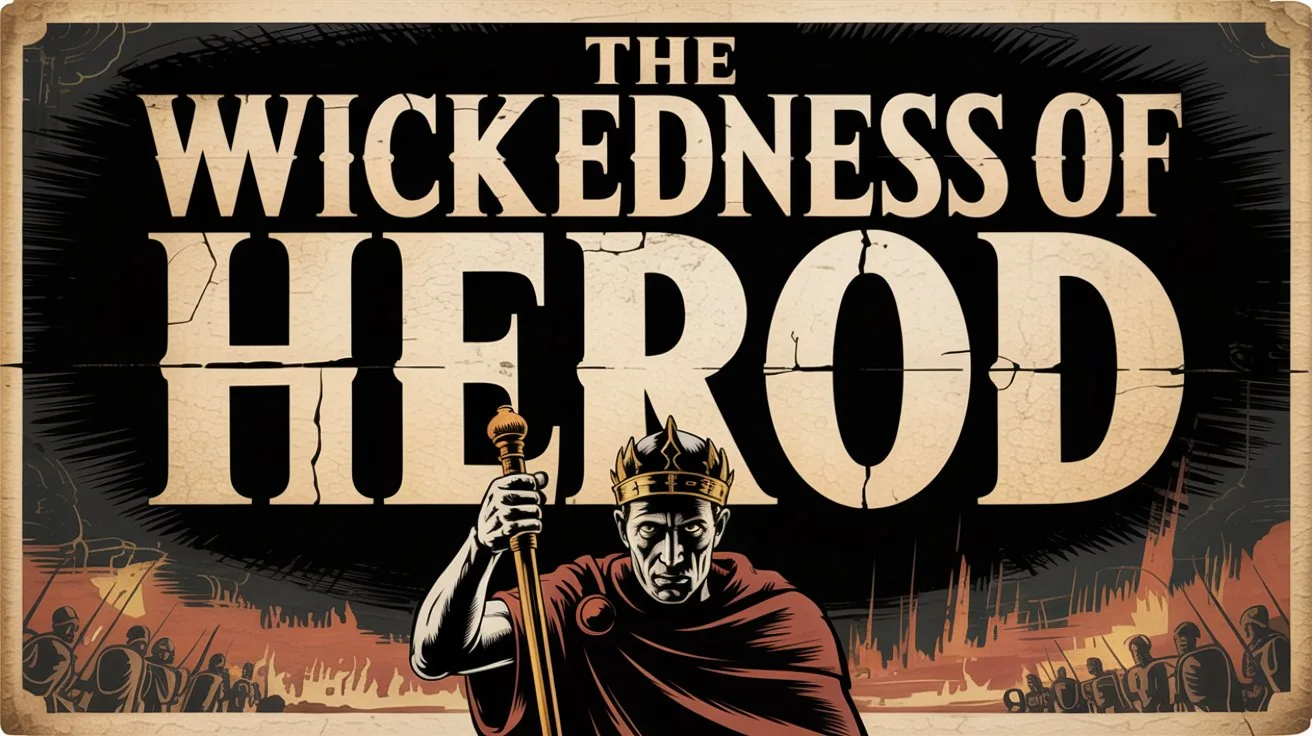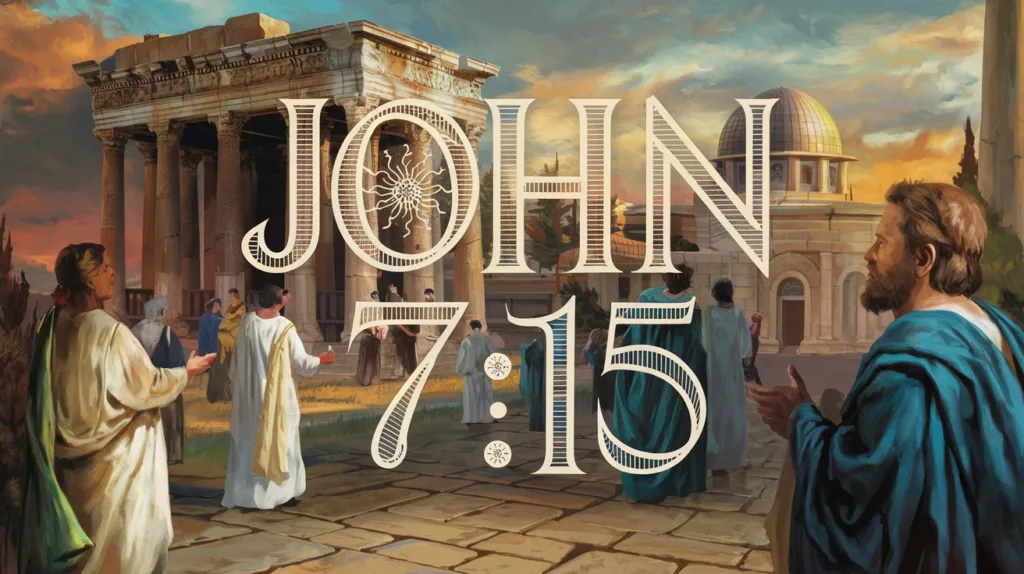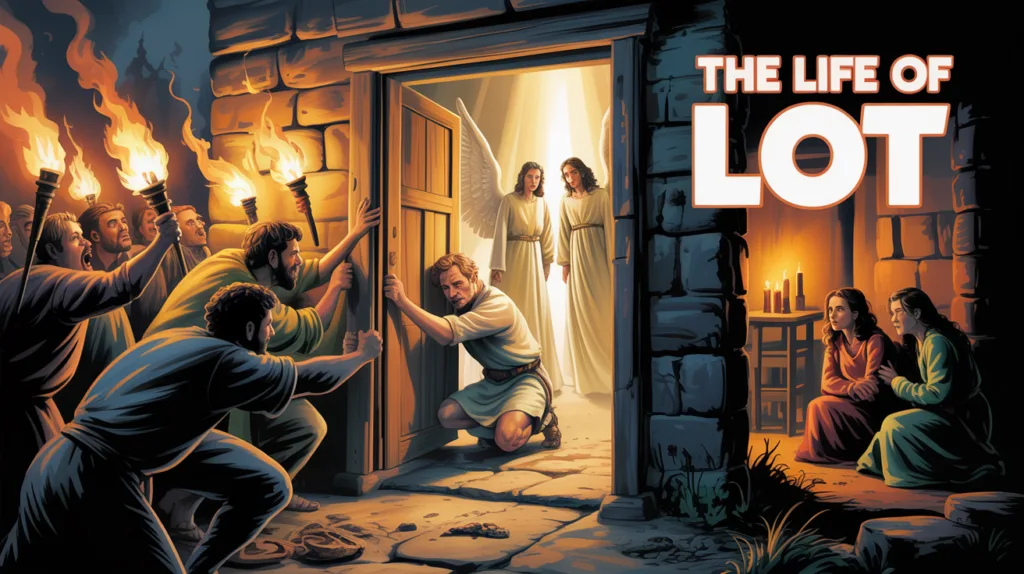Lets begin reading Matthew 2:1-3:
“Now after Jesus was born in Bethlehem of Judea in the days of Herod the king, behold, wise men from the East came to Jerusalem, saying, ‘Where is He who has been born King of the Jews? For we have seen His star in the East and have come to worship Him.’ When Herod the king heard this, he was troubled, and all Jerusalem with him.”
Herod was a paranoid and power-hungry man. Though not a Jew by birth (he was an Edomite), he ruled Judea under Roman authority. When he hears of a “King of the Jews,” he is not just threatened politically, but spiritually. The arrival of the Magi is not at Jesus’ birth, but “after Jesus was born,” indicating some passage of time.
When Did the Wise Men Arrive?
Contrary to nativity scenes, the wise men (Greek: magoi) did not visit Jesus as a newborn in a manger. Matthew 2:11 states,
“And when they had come into the house, they saw the young Child with Mary His mother, and fell down and worshiped Him.”
By this time, Mary and Joseph were in a house, not a stable. Jesus is called a “young Child” (paidion) rather than a “babe” (brephos as in Luke 2:12). Herod’s reaction to the Magi gives us a clue about Jesus’ age:
“Then Herod, when he saw that he was deceived by the wise men, was exceedingly angry; and he sent forth and put to death all the male children who were in Bethlehem and in all its districts, from two years old and under, according to the time which he had determined from the wise men” (Matthew 2:16).
This tells us that the star had appeared to the Magi up to two years earlier. So Jesus was likely between 12 and 24 months old when the Magi visited. Herod wanted to cover his bases and ensure he eliminated this “King.”
Disobedience to Tyranny
The wise men, having been warned in a dream, do not return to Herod.
Matthew 2:12:
“Then, being divinely warned in a dream that they should not return to Herod, they departed for their own country another way.”
This was deliberate defiance of Herod’s command. They recognized divine authority over political authority. Their obedience to God meant disobedience to evil. This pattern echoes throughout Scripture. Pharaoh’s oppression of Israel also involved a royal command to kill babies. In Exodus 1:17,
“But the midwives feared God, and did not do as the king of Egypt commanded them, but saved the male children alive.”
Like the Magi, the midwives prioritized obedience to God. The pattern of satanic opposition to God’s redemptive plan is seen both in Egypt and in Bethlehem.
The Flight into Egypt
God then intervenes again:
“Now when they had departed, behold, an angel of the Lord appeared to Joseph in a dream, saying, ‘Arise, take the young Child and His mother, flee to Egypt, and stay there until I bring you word; for Herod will seek the young Child to destroy Him.’” (Matthew 2:13).
Joseph’s obedience is immediate:
“When he arose, he took the young Child and His mother by night and departed for Egypt.”
The timing is crucial—this was before Herod’s soldiers arrived. God moved swiftly, and Joseph did not delay. The act of protecting the child was also an act of courage and righteousness.
Herod’s Massacre and the Prophetic Fulfillment
The slaughter of innocent children is recorded starkly in scripture:
“Then Herod… sent forth and put to death all the male children who were in Bethlehem and in all its districts, from two years old and under” (Matthew 2:16).
This event is called the Massacre of the Innocents and is both historical and prophetic. Matthew 2:17-18 ties this to Jeremiah 31:15:
“A voice was heard in Ramah, lamentation, weeping, and great mourning, Rachel weeping for her children, refusing to be comforted, because they are no more.”
Rachel, who died near Bethlehem (Genesis 35:19), becomes a symbolic mother figure for the slain. This was not only a fulfillment of prophecy—it was the clash of two kingdoms: Herod’s temporal reign versus Christ’s eternal kingship.
My Final Thoughts
Herod’s massacre was more than a paranoid act; it was the manifestation of satanic opposition to the seed of the woman (Genesis 3:15). Every detail in Matthew 2 shows God outmaneuvering evil through obedient vessels: wise men who worship and disobey Herod, Joseph who acts swiftly, and Mary who carries Jesus into exile. Jesus was likely a toddler when the wise men arrived, and God’s providential hand orchestrated every movement for His preservation.
This passage is a call to spiritual discernment and holy defiance. Obedience to God may put us at odds with the systems of this world, but faithfulness is not optional. Like the wise men, like the midwives, like Mary, we must be ready to act when God speaks. Herod died, but Christ lives forever. Wicked rulers come and go, but the true King remains. He was preserved to become our Savior. And those who tried to stop Him (like Pharaoh, Herod, or Satan himself) have all failed. Let that strengthen your faith today.





 Get the book that teaches you how to evangelize and disarm doctrines from every single major cult group today.
Get the book that teaches you how to evangelize and disarm doctrines from every single major cult group today.